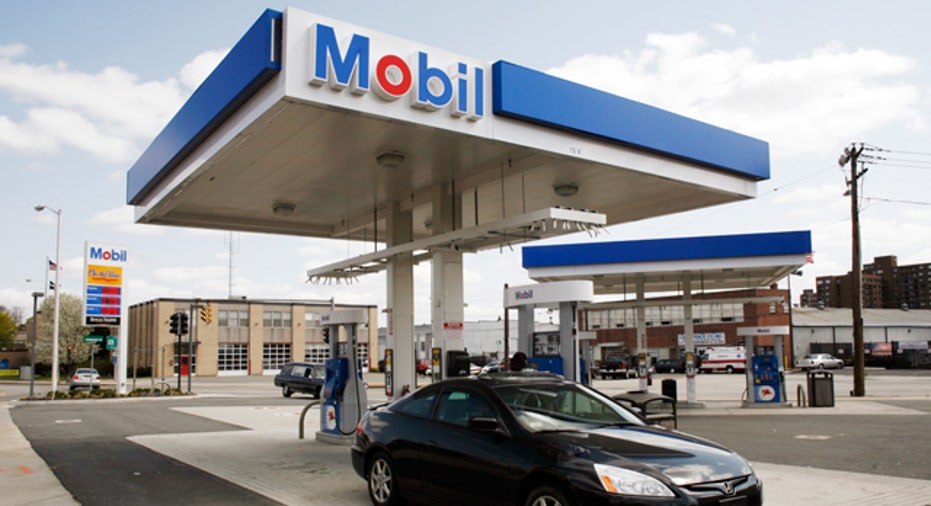Gas Prices Still Pinching Small Business Owners

Uncertainty and frustration make for a dreary entrepreneurial outlook going into the early days of summer. Small business owners are increasingly dissatisfied with federal economic policies and are feeling the pressure of high gas prices on their bottom lines, according to a recent survey by the Small Business & Entrepreneur Council.
The SBE Council released this week its "Entrepreneurs and the Economy: Small Business Trends, Issues and Outlook" survey which found that just one-third of small business owners believe their company's financial condition will improve in the next six months. Due to volatile gas prices and mixed messages from Washington, entrepreneurs say they are losing patience and confidence that things will turn around.
The survey was conducted among 304 small business owners in the last week of April 2011.
Raymond Keating, chief economist for the SBE Council, said the survey sends a message to government that small businesses have been repeating for some time now—"back off."
"They want government to get out of the way, go light on takes and regulations, and keep spending and debt under control," Keating said.
More than 75% of respondents said they were not satisfied with current federal economic policies, with 51% saying they are "not at all satisfied," the survey found. Forty-nine percent of small business owners said they believe their finances will stay the same over the next six months, and 18% think things will get worse.
Much of this low morale is due to high-climbing gas prices, Keating said. The survey found that 41% of business owners are raising their own prices because of high prices at the pump. Also, 26% have cut employees or hours worked and 47% reported that high gas prices are affecting their plans to hire new workers.
Even more important, 38% said that if gas prices remain high or are raised further, their business will not survive.
"This is a major concern," Keating said. "It is affecting their business and putting their survival at risk. These lukewarm views of small business owners need to be recognized—they are having to deal with the reality of this tough economy."
Stress levels went down for 13% of small business owners "when thinking about their business finances currently," while stress increased for 39% of respondents.
Molly Brogan, VP of Public Affairs for the National Small Business Association, said small business optimism dipped in a similar fashion in mid-2010, but bounced back at the end of the year. Despite the dreary outlook in the SBE survey, Brogan said that anecdotally, the NSBA is not hearing as much gloom and doom from small business owners.
"Gas prices are a big issue," Brogan said. "They are feeling the need to pinch prices or consider it and that is a dark cloud that could cause us to backtrack."
Health-care reform is also a major area of concern. Only 7% of the survey respondents said they used the small business health-care tax credit offered in the Affordable Care Act. The survey found that 20% said they were not aware of it, and 27% were not eligible for it.
"Health care is so overwhelming and there is so much misinformation out there about the health-care law," Brogan said. "It's just a temporary tax credit, and it holds people back in terms of taking on a huge expense."
Many small business owners can't or don't take the time to understand the potential impacts of this law on their businesses, Keating said.
"Most small businesses don't have an HR department to figure this all out," he said. "That is a challenge in and of itself."



















